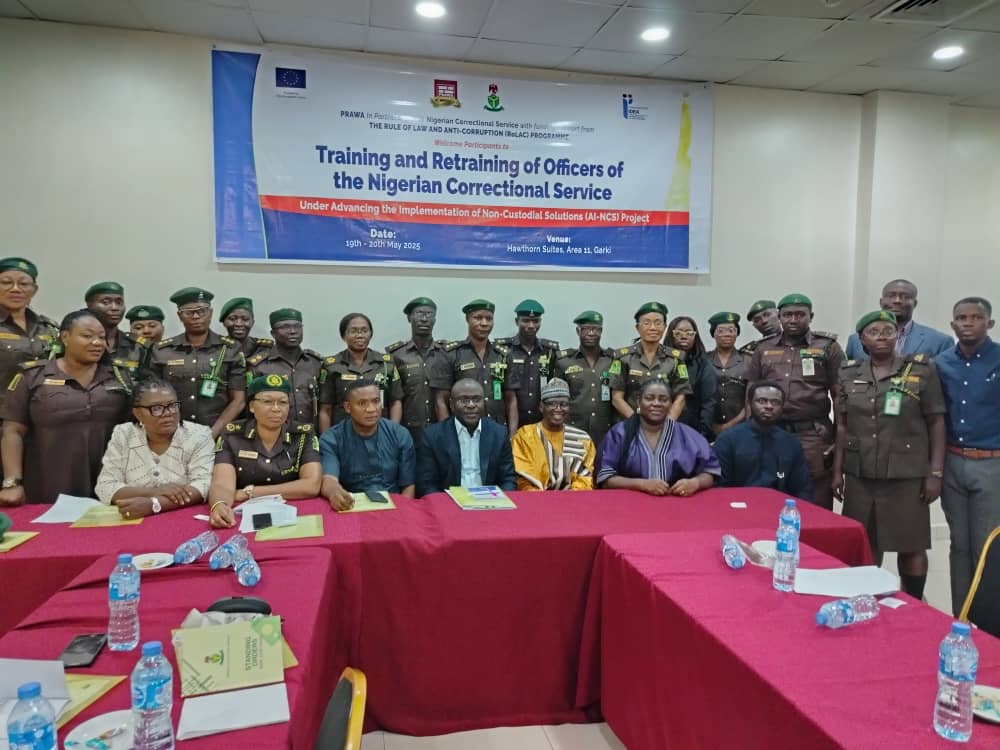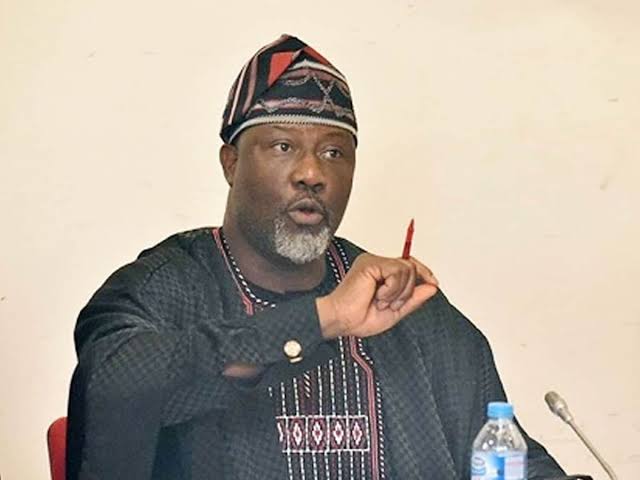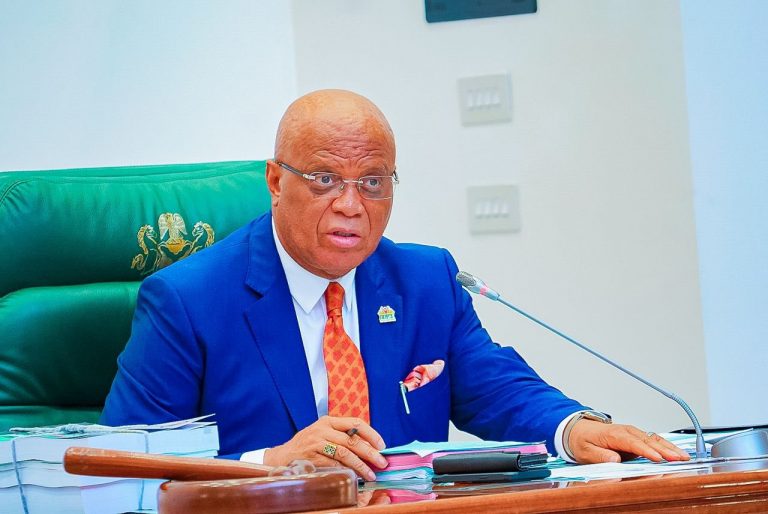National News
Decongestion: PRAWA trains NCoS officers on non-custodial measures
By Ibironke Ariyo/Kennedy Sheyin

The Prisoners’ Rehabilitation and Welfare Action (PRAWA) on Monday trained officers of the Nigeria Correctional Service (NCoS) on Non Custodial Measures to address the persistent issue of prison congestion across the country.
Speaking at the opening of a two-day training organised in collaboration with the NCOS in Abuja, the PRAWA Executive Director, Dr Uju Agomoh said the training aimed at enhancing justice sector efficiency through non-custodial sentencing options.
The News Agency of Nigeria (NAN) reports that the project is implemented by PRAWA with support from the Rule of Law and Anti-Corruption (ROLAC) Programme and the International Institute for Democracy and Electoral Assistance (International IDEA).
The training was organised under the Advancing the Implementation of Non-Custodial Solutions (AI-NCS) project.
Agomoh said that the workshop forms part of strategic efforts to strengthen the correctional system and promote alternatives to imprisonment such as probation, parole, community service, and suspended sentences.
According to her, the training is one of several key activities under the AI-NCS project, which also includes advocacy, institutional strengthening, and rehabilitation support.
“Non-custodial measures are not just alternatives to incarceration; they are lifelines for rehabilitation, community engagement, and human dignity. This initiative is crucial in establishing a more equitable, humane, and effective justice system in Nigeria.”
Agomoh, however, added that the project builds on previous gains recorded under the Effective Implementation of Non-Custodial Measures Project.
She said that the AI-NCS project seeks to deepen the capacity of justice service providers, correctional officers, judicial personnel, civil society organizations, and other stakeholders to ensure effective adoption of non-custodial practices.
Agomoh said that the ultimate goal was to reduce custodial sentences, empower offenders for successful reintegration, and improve access to justice.
She also explained that the project would support the development of sentencing guidelines, pilot interventions in courts, and reintegration initiatives such as providing tools and starter packs for offenders serving non-custodial sentences.
“Through these efforts, we hope to reduce prison overcrowding, cut recidivism, and empower individuals to lead meaningful lives after serving their sentences.
“The adoption of non-custodial measures is not only a justice reform issue but a pathway to rehabilitation and sustainable reintegration,” she said.
Agomoh encouraged participants to see their roles not just as custodians of justice but as facilitators of transformation and reintegration.
In his remarks, the National Chairman of the Parole Board, Justice Suleiman Galadima, called for renewed commitment and collaboration towards effective implementation of non-custodial measures in Nigeria’s justice system.
Galadima, a retired Justice of the Supreme Court (JSC) commended PRAWA and their partners, ROLAC Programme and International IDEA, for their dedication to penal and justice reform.
Heurged participants to take the training seriously and see their roles as crucial to restoring public confidence in the justice system.
Also speaking, Ms Vivian Emerenini, the representative of the Administration of Criminal Justice Monitoring Committee (ACJMC), called for sustained commitment to non-custodial justice reforms.
This, she said, would be a path toward a more humane, equitable and rehabilitative criminal justice system in Nigeria.
Emerenini said that the initiative was not just a capacity-building session but ‘a testament to our collective dedication to justice, rehabilitation, and the preservation of human dignity
“Non-custodial measures such as parole, probation, suspended sentences, and community service are not just legal tools.
“They are transformative instruments that foster rehabilitation, reduce recidivism, and restore balance and dignity to offenders,” she said.
Emerenini underscored the strategic role of correctional officers, describing them as the frontline implementers of non-custodial measures whose work ensures fairness, accountability, and public confidence in the justice system.
She also emphasised the need for public sensitisation to dispel misconceptions and build trust in non-custodial alternatives, calling for collective action by the judiciary, correctional service, civil society, and communities.
In his goodwill message, the FCT Controller of Corrections, Olatunbosun Ajibogun, commended the PRAWA for its role in deepening the implementation of non-custodial justice solutions in Nigeria.
Ajibogun, who was represented by Deputy Controller of Corrections, Onyinyechi Okoro, expressed appreciation to PRAWA for serving as a strategic bridge between stakeholders in the justice sector and promoting reforms aimed at reducing incarceration.
Other stakeholders at the event urged the participants to approach the training with an open mind, collaborate across agencies and fully engage in the transition to non-custodial justice practices.
-

 National News1 day ago
National News1 day agoPope Leo holds inaugural mass, condemns exploitation of the poor
-

 Politics1 day ago
Politics1 day agoFubara is my son – Wike
-

 Metro News1 day ago
Metro News1 day agoZulum declares Monday fasting, prayer day
-

 Politics14 hours ago
Politics14 hours ago2027: Atiku offers Peter Obi VP’s role amid coalition
-

 Entertainment1 day ago
Entertainment1 day agoDino Melaye faces backlash over $3.9 million James Bond car
-

 Education1 day ago
Education1 day agoPanic as 15 students reportedly go missing on their way to JAMB centre
-

 Politics1 day ago
Politics1 day agoINEC delineation exercise: Urhobos protest exclusion from meeting with NSA
-

 Metro News1 day ago
Metro News1 day ago“Get ready to be sacked,” Nigerian governor warns commissioners
































